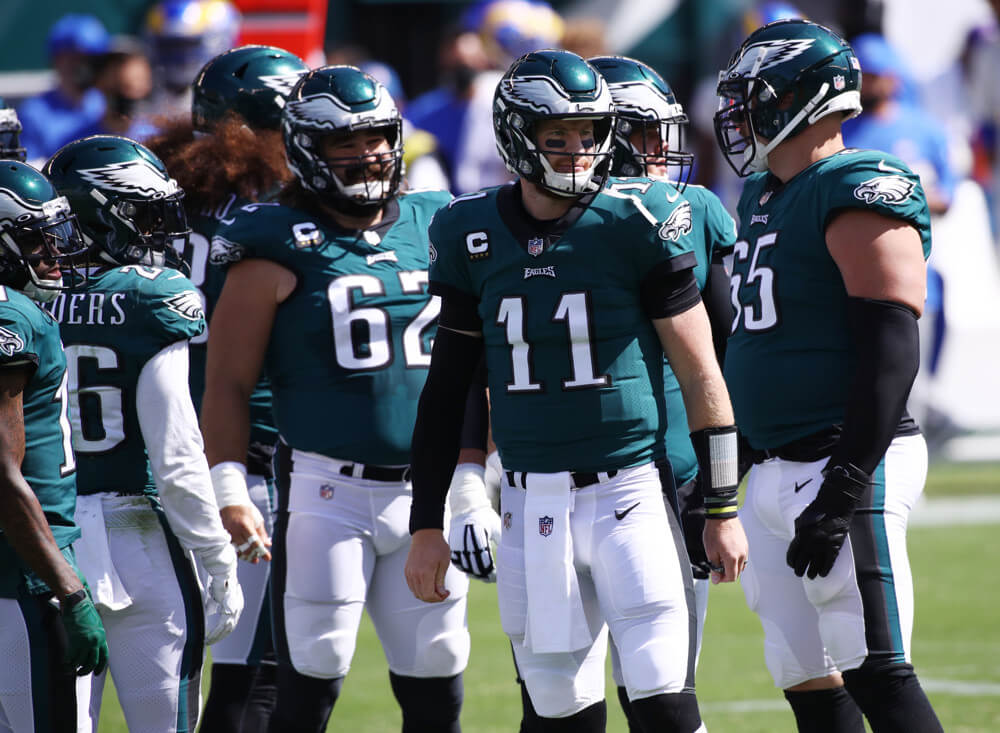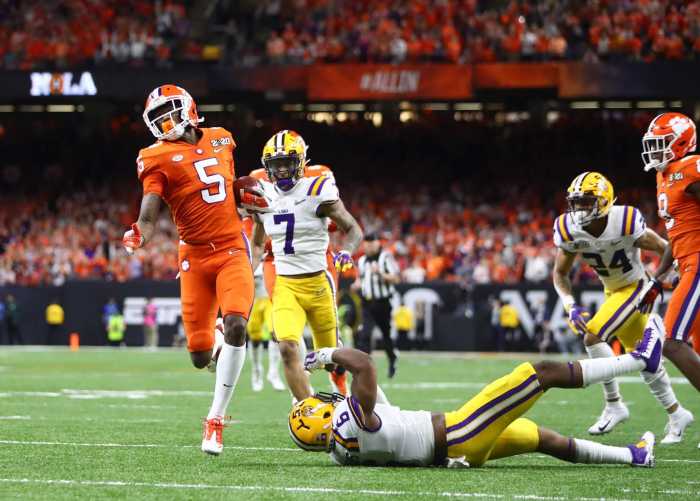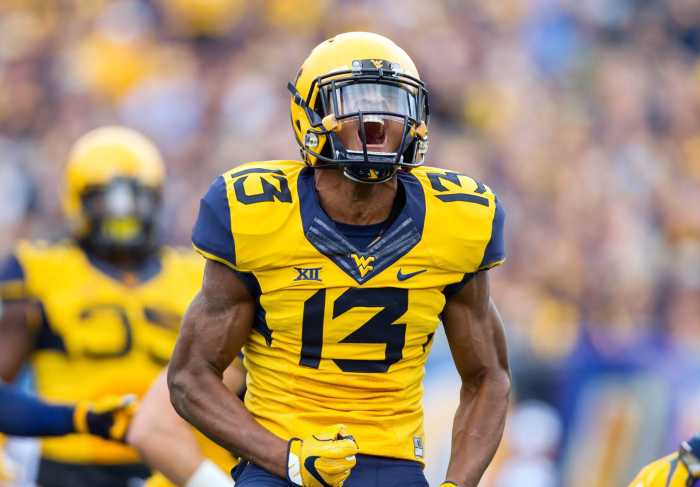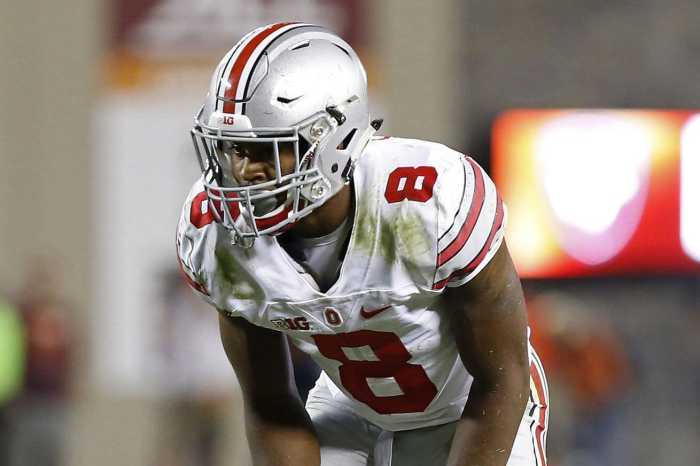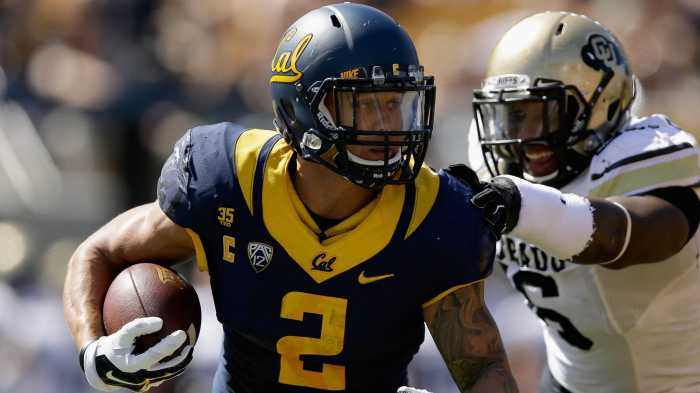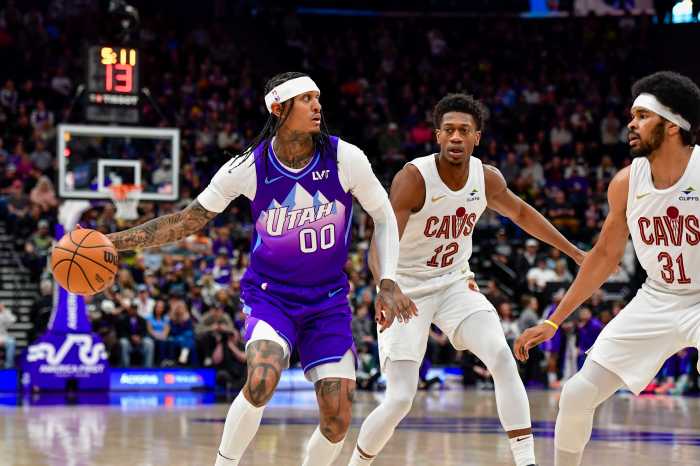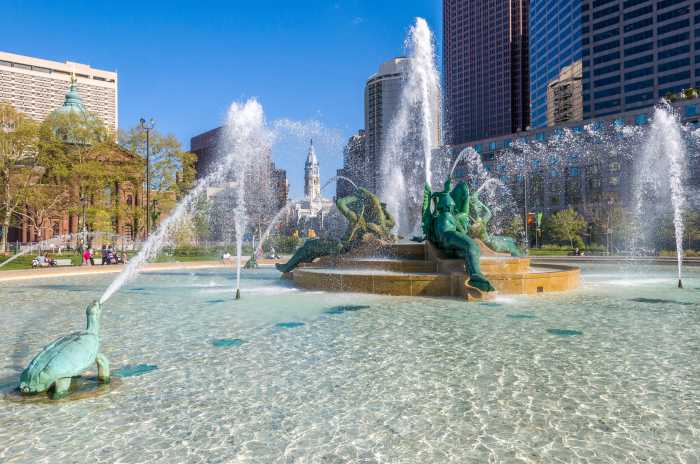Few cities can boast such a rich and sporting history as the great city of Philadelphia, which has been the home of professional sports teams back since the late 19th century. The Eagles are arguably the most poignant of all and define what it means to be a Philadelphian.
Winning the Super Bowl LII in 2017 was certainly the team’s proudest moment and one that received huge amounts of attention from the US and around the world. Online sports betting reached record-breaking levels during this period, with the state of Nevada reaching $158.9 million alone. Those who bet on The Eagles certainly came out on top. With this victory still in recent memory, it is important to remember who The Eagles really are and where they came from (we’ll give you one guess).
Given the nature of North American sporting institutions often being franchises, some teams have moved elsewhere over the years. However, those which remain boast their own unique and interesting histories, establishing their own rich cultures and folklore around the city.
One such remarkable story is that in 1980, Philadelphia became the only North American city to have all four major sporting teams competing for championships, all within the same year. The Phillies in MLB, the 76ers in NBA, the Flyers in NHL, all have won the respective national titles in their sport, although none can match the American football success of the Philadelphia Eagles.
How the Eagles Were Hatched
American football first began to take root in Philadelphia with the Frankford Athletic Association, established in 1899 as a non-profit organization within the community, eventually becoming the Frankford Yellow Jackets in 1924. Unfortunately, midway during the 1931 season, this franchise folded. Nevertheless, the passion for football remained and in 1933, Bert Bell and Lud Wray were awarded the assets of the failed Yellow Jackets, along with a new expansion franchise granted by the NFL, which they named the Philadelphia Eagles. As co-owners and head coaches, Bell and Wray struggled with the new team, before appointing renowned former baseball and football star, Alfred Earle ‘Greasy’ Neale.
Due to manpower shortages in 1943, it was impossible for many teams to fill out their playing rosters. This led to a temporary merger with the Pittsburgh Steelers, known as the “Steagles” with Greasy Neale sharing leadership with Steelers head coach Walt Kiesling. Once this temporary arrangement was dissolved, the Eagles would finally take flight.
The Greasy Golden Era
Competing exclusively as the Philadelphia Eagles by 1944, the post-war era would herald a period of unprecedented success, when halfback Steve Van Buren joined the team and Greasy Neale masterminded a golden era for the franchise. By 1946, the team had registered their first winning season, although that was just a taster for what would follow.
After topping the Eastern Division, the Eagles crushed the Steelers 21-0 in the divisional playoffs at the home of their great rivals, before suffered an agonizing 21-28 defeat at the Chicago Cardinals in the NFL Championship game. Still, with confidence growing and a taste for revenge, the Eagles beat the Cardinals 7-0 in 1948 to land their first NFL Championship.
For the third consecutive season, the Eagles topped the Eastern Division again in 1949 and this time with a spectacular 11-1 winning record. Philadelphia was home of the best American football team in the country, underlined by beating the Los Angeles Rams 14-0 for their second NFL Championship in a row.
Regression and Revival
Greasy Neale would remain at the helm for just one more season, unable to match the same kind of success in his tenth and final 1950 campaign. It would also almost a decade and four head coaches, before the Eagles could soar to the same heights again, as the franchise slipped away from being contenders to also-rans in the American and Eastern divisions.
Buck Shaw arrived in 1958 and while the team endured a poor first campaign in 1958, the Eagles began to turn the corner, finishing tied for second in 1959 and with a winning record. Shaw built on that and in 1960, the Eagles beat the Green Bay Packers to win the NFL Championship. Shaw himself was named Coach of the Year, with Norm Van Brocklin the MVP.
Right through into the Super Bowl era, the Eagles were never able to reach the same heights, until Dick Vermeil arrived as head coach in 1978. After reaching the playoffs twice, the Eagles eventually made a deep run all the way to Super Bowl XV in 1980, ultimately triumphing 10-27 against the Oakland Raiders. It would be another long wait for the next championship.
New Millennium of Eagles Expectations
Despite regularly reaching the playoffs during the 1980’s and 1990’s, the Eagles were never genuine contenders. However, that began to change when Andy Reid accepted his first professional head coaching position in 1999, aiming to build an ambitious new era with the Philly football franchise.
Between 2001 and 2004, the Eagles topped the NFC East four times in a row, although they also lost three consecutive NFC Championship games, before finally managing to leap that one last hurdle in 2004. Against the New England Patriots at Super Bowl XXXIX, the Eagles were unable to quite match the powerful Patriots dynasty, losing a remarkable game by just 28-24 in the end.
Form and fortunes would once again rise and fall, although hopes and expectations always remained high for the Eagles. Into the most recent decade and following three lean years without reaching the playoffs, Doug Pederson led the franchise to Super Bowl LII in 2017. This time the Eagles were 41-33 winners against the Patriots, crowning a magnificent season for the head coach and his triumphant team.
Looking Ahead to the Future
Following a difficult and frustrating 2020 NFL campaign, Pederson was fired as head coach in January 2021. With Nick Sirianni now manning the helm as the team’s new head coach, it will be interesting to see what the future has in store for The Eagles.
Providing this new head coach gets plenty of backing by the Philadelphia franchise ownership, the Eagles can once again become a genuine force to be reckoned with. Over the next decade, this franchise needs to feather its nest with an improved roster of players, before getting ready to sink its talons into another serious run at the Super Bowl.
Photo by Kyle Ross/Icon Sportswire

